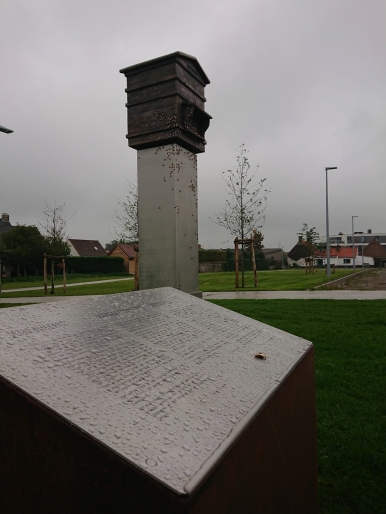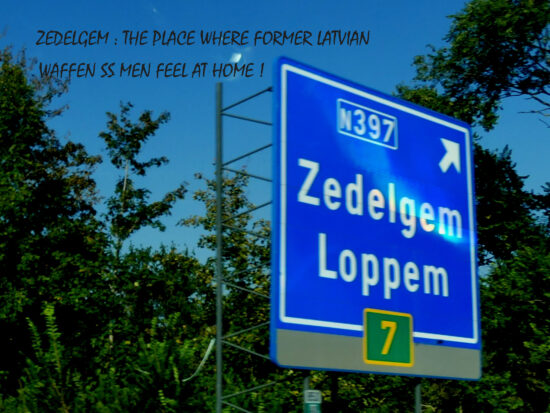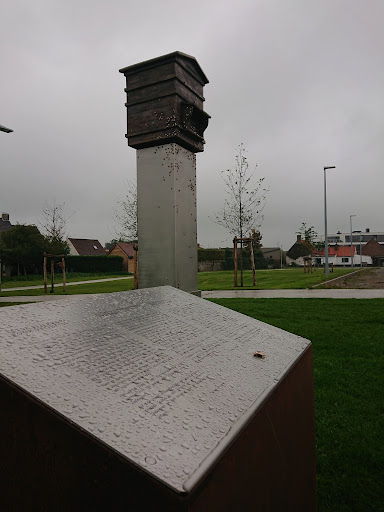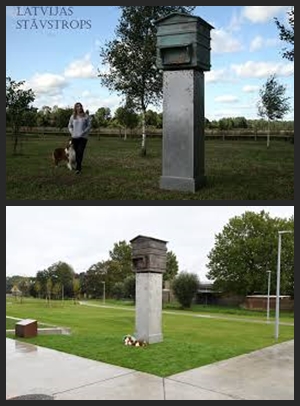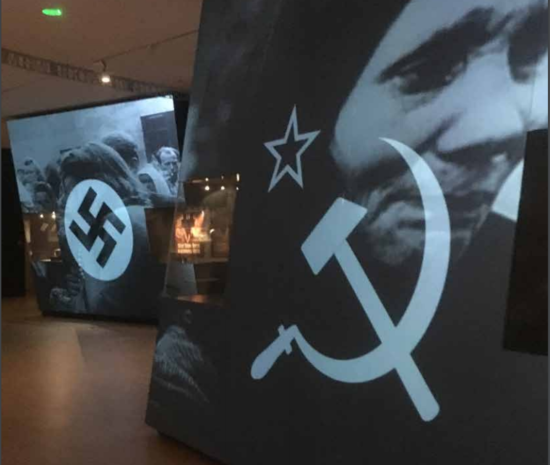OPINION | HISTORY | BELGIUM | MUSEUMS
◊
by Roland Binet (De Panne, Belgium)
◊
A few days ago I was flabbergasted when I read a news item in the FOCUS website for West-Flanders where I live. On Saturday, August 24, 2024, in Zeebrugge there had been a commemoration ceremony for the crews of two German submarines (U-5 and UC-14) sunk during World War I and just recently identified. This official commemoration ceremony took place in the presence of the German ambassador Martin Kotthaus and the Governor for West-Flanders Carl Decaluwé: “More than one hundred years ago, the crews of these two submarines died in the middle of a horrible war. I am very grateful that today we can grieve for the dead together as friends and partners,” declared the current German ambassador.
It is perhaps interesting to remind readers that in the past Flanders had already made a wrong choice regarding the only illustration for World War I within the ‘Flemish Canon’ (see my article, “Wrong Choice for New “Flemish Canon”). On that occasion, the choice was of a statue of a grieving couple situated in the German military cemetery of Vladslo in Flanders, a couple grieving for their slain son Peter, a German soldier who had died while his regiment attacked Ypres in October 1914, just when the danger of the whole of Belgium being overrun by the German army had been at its highest.
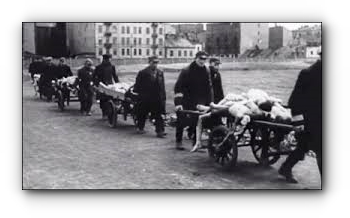
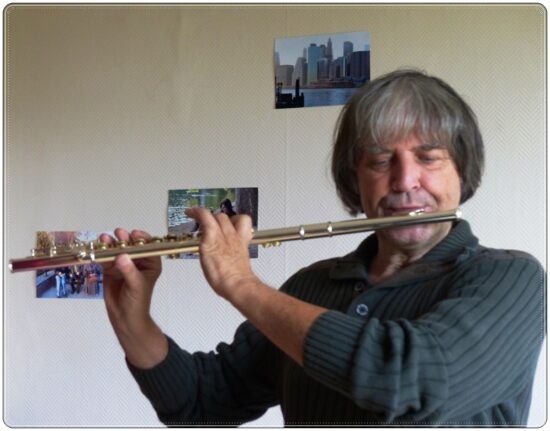
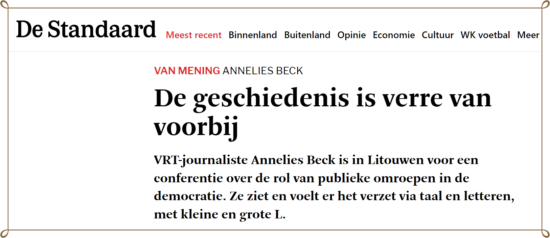
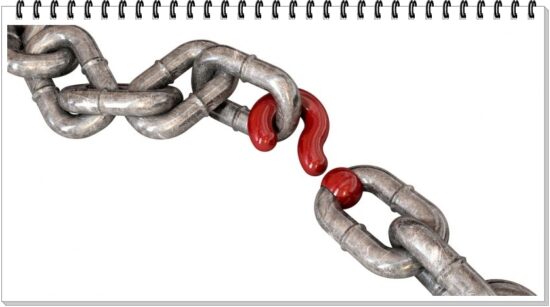 There is, however, disturbingly, quite a stupendous missing link in this abridged history of Lithuania in the twentieth century. Where had the quarter million Jews (the figure on the eve of the Holocaust) of the country disappeared to “overnight” (as centuries go), during that fateful century? Had there ever been a Jewish minority in Lithuania at all? When I looked at the author’s pedigree, I understood why the Jews had not played any role of significance in his biased dialectical discourse. Joren Vermeersch is a historian (of sorts) and an accomplished author. He is also a representative (stand-in, as we call it) for the Belgian House of Representatives, for the “N-VA.” This is the nationalist Flemish party that has its historical roots in the collaboration with the Nazis during World War II. The party that has systematically fought for an amnesty for Nazi collaborators. The party in which the grandparents or parents of some of the present actual leaders had been condemned by the Belgian State for collaboration with the enemy. Nobody is guilty of sins of their ancestors, but when there is a pattern of such pedigree being considered a great plus for current leadership, and that pedigree is subtly glorified rather than disowned, we have a current moral problem that merits discussion in the public square.
There is, however, disturbingly, quite a stupendous missing link in this abridged history of Lithuania in the twentieth century. Where had the quarter million Jews (the figure on the eve of the Holocaust) of the country disappeared to “overnight” (as centuries go), during that fateful century? Had there ever been a Jewish minority in Lithuania at all? When I looked at the author’s pedigree, I understood why the Jews had not played any role of significance in his biased dialectical discourse. Joren Vermeersch is a historian (of sorts) and an accomplished author. He is also a representative (stand-in, as we call it) for the Belgian House of Representatives, for the “N-VA.” This is the nationalist Flemish party that has its historical roots in the collaboration with the Nazis during World War II. The party that has systematically fought for an amnesty for Nazi collaborators. The party in which the grandparents or parents of some of the present actual leaders had been condemned by the Belgian State for collaboration with the enemy. Nobody is guilty of sins of their ancestors, but when there is a pattern of such pedigree being considered a great plus for current leadership, and that pedigree is subtly glorified rather than disowned, we have a current moral problem that merits discussion in the public square.